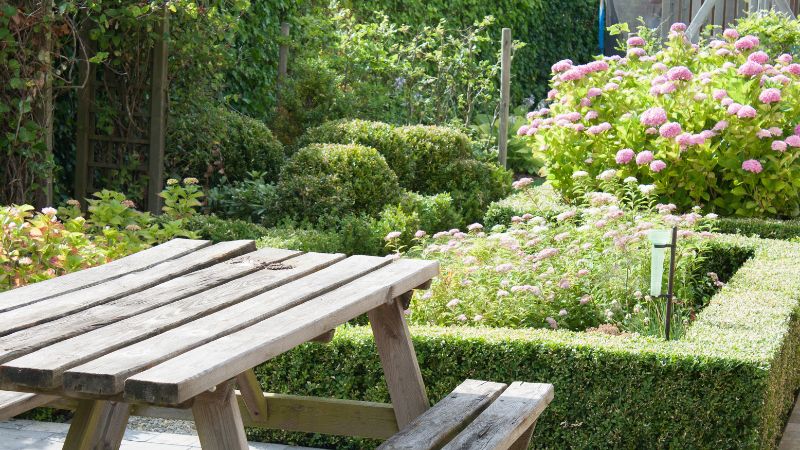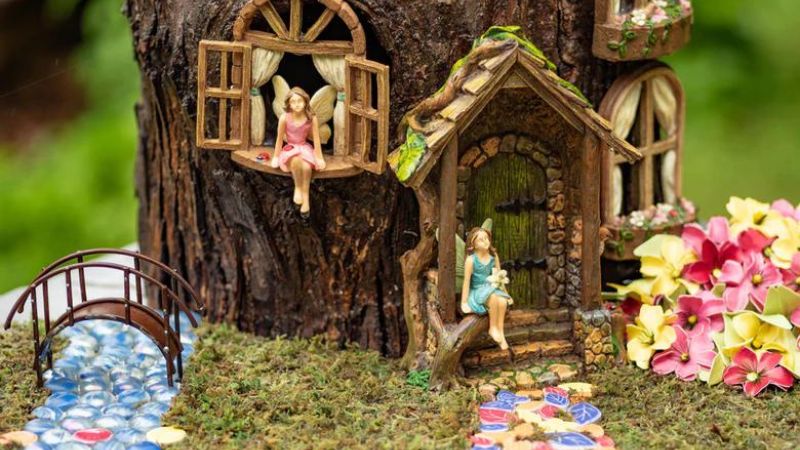When it comes to designing an elegant landscape, boxwoods have long been a favorite choice for their timeless appeal and evergreen beauty. However, if you’re looking to diversify your garden or landscape design, there are several alternatives to boxwoods that can offer similar elegance and functionality. Whether you’re dealing with specific growing conditions or simply want to explore different options, here are seven boxwood alternatives to consider for your landscape.
1. Japanese Holly (Ilex Crenata)
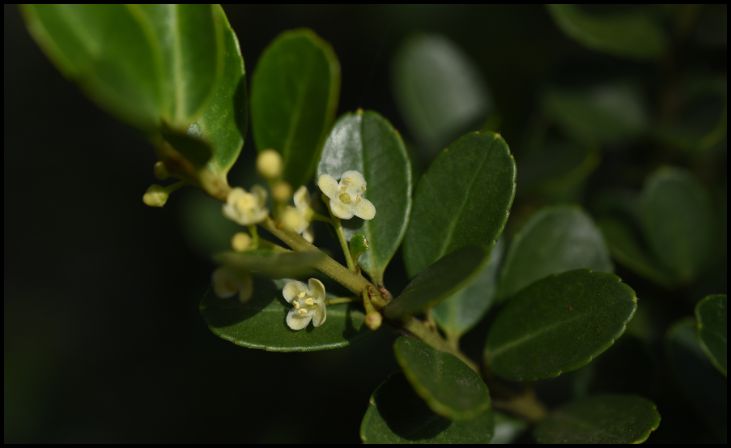
Japanese holly, also known as Ilex crenata, is a versatile evergreen shrub that bears a striking resemblance to boxwoods. With its small, glossy green leaves and compact growth habit, Japanese holly can be easily pruned into formal shapes or left to grow naturally for a more informal look. Unlike boxwoods, Japanese holly is resistant to many common pests and diseases, making it a low-maintenance alternative for landscape elegance.
2. Dwarf Yaupon Holly (Ilex Vomitoria ‘Nana’)
Dwarf yaupon holly, or Ilex vomitoria ‘Nana’, is another excellent alternative to boxwoods, especially for those looking for a more compact option. This slow-growing evergreen shrub features small, dark green leaves and a dense, rounded form that works well as a border or foundation planting. Dwarf yaupon holly is also drought-tolerant once established, making it ideal for landscapes with dry or sandy soil conditions.
3. Dwarf English Laurel (Prunus Laurocerasus ‘Otto Luyken’)
For a touch of European elegance in your landscape, consider dwarf English laurel, or Prunus laurocerasus ‘Otto Luyken’. This compact evergreen shrub offers glossy, dark green leaves and a dense, mounded form that resembles traditional boxwood hedges. Dwarf English laurel is also known for its tolerance of shade and its ability to thrive in a variety of soil types, making it a versatile alternative for landscape designers.
4. Dwarf Mountain Laurel (Kalmia Latifolia ‘Elf’)
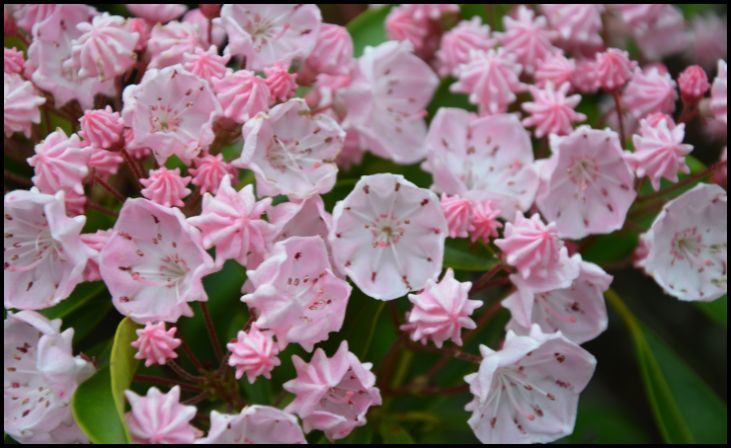
Dwarf mountain laurel, or Kalmia latifolia ‘Elf’, is a native American shrub known for its beautiful flowers and glossy evergreen foliage. While it may not have the precise form of boxwoods, dwarf mountain laurel adds a naturalistic charm to any landscape with its clusters of pink or white blooms and compact growth habit. This low-maintenance shrub prefers acidic soil and partial shade, making it an excellent choice for woodland gardens or shady borders.
5. Compact Inkberry (Ilex Glabra ‘Compacta’)
Compact inkberry, or Ilex glabra ‘Compacta’, is a small evergreen shrub that offers a similar look to boxwoods with a few unique twists. This versatile plant features dark green foliage and a dense, rounded form that can be shaped into formal hedges or left to grow naturally as a border or foundation planting. Compact inkberry is also tolerant of wet or poorly drained soils, making it an excellent choice for rain gardens or low-lying areas in the landscape.
6. Sky Pencil Holly (Ilex Crenata ‘Sky Pencil’)
For vertical interest in your landscape design, consider sky pencil holly, or Ilex crenata ‘Sky Pencil’. Unlike traditional boxwoods, sky pencil holly features a narrow, columnar form that adds height and structure to any planting scheme. With its sleek, upright growth habit and small, dark green leaves, sky pencil holly is perfect for creating formal accents or framing entryways and pathways in the landscape.
7. Japanese Plum Yew (Cephalotaxus Harringtonia)
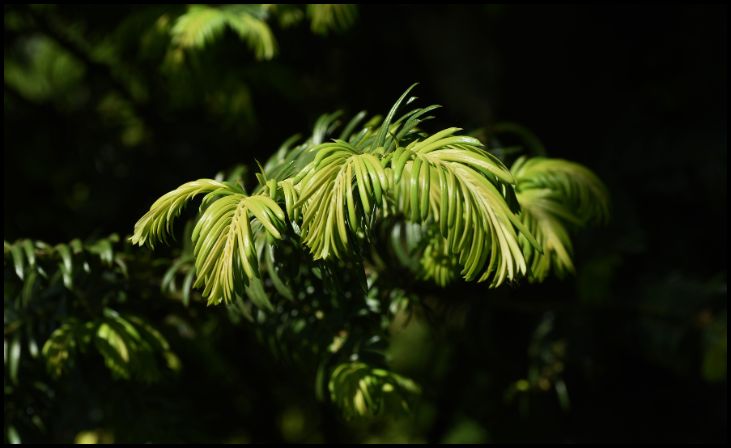
Last but not least, Japanese plum yew, or Cephalotaxus harringtonia, offers a unique alternative to traditional boxwoods with its soft, fern-like foliage and spreading growth habit. This evergreen shrub is tolerant of shade and deer-resistant, making it a versatile option for woodland gardens or naturalistic landscapes. Japanese plum yew can also be pruned into formal shapes or left to sprawl naturally, depending on your desired aesthetic.
In conclusion, while boxwoods remain a classic choice for evergreen elegance in the landscape, there are several alternatives worth considering for their unique characteristics and versatility. Whether you prefer the compact form of Japanese holly or the vertical interest of sky pencil holly, there’s a boxwood alternative out there to suit your specific design needs and growing conditions. So why not explore these options and add a touch of variety to your landscape palette?
